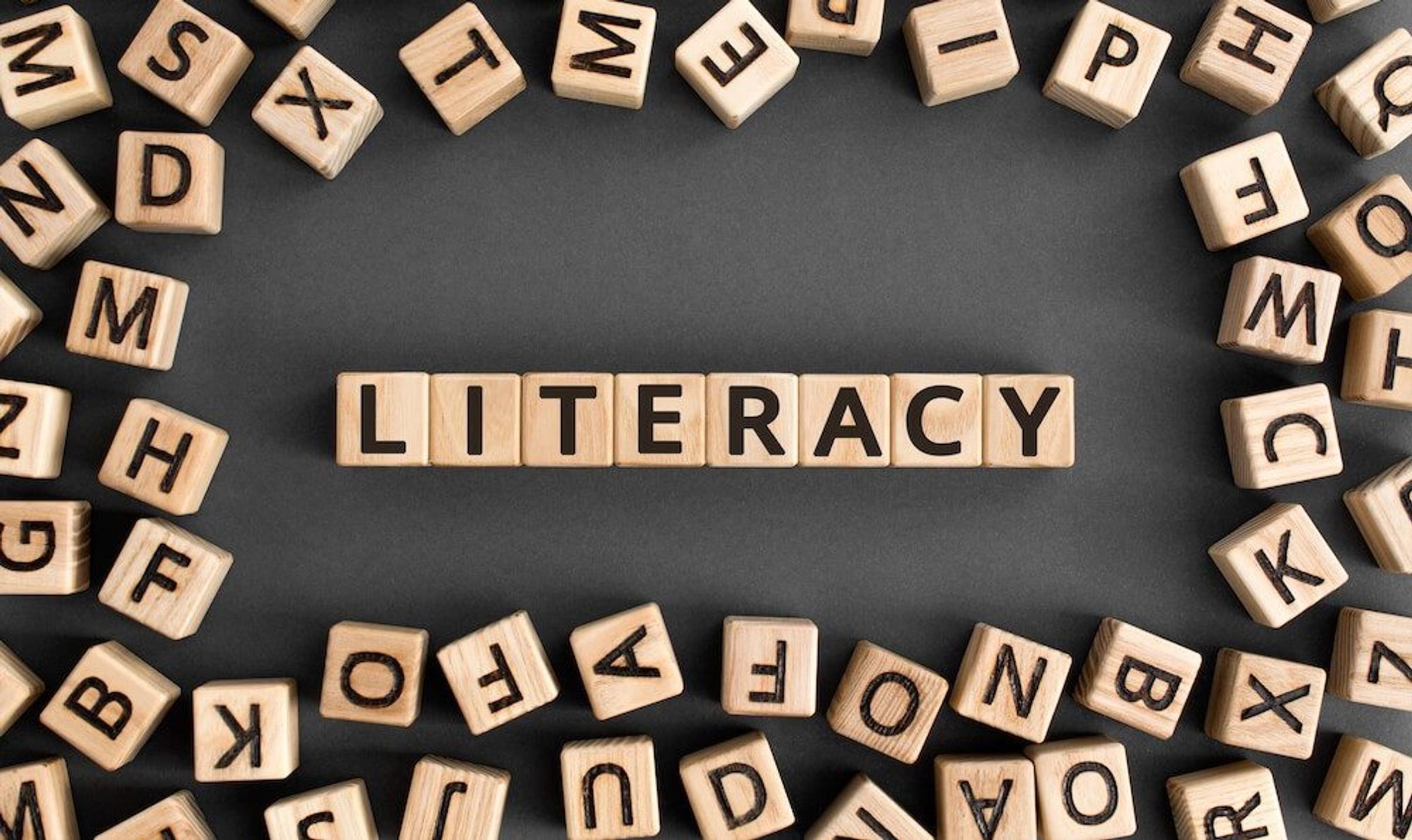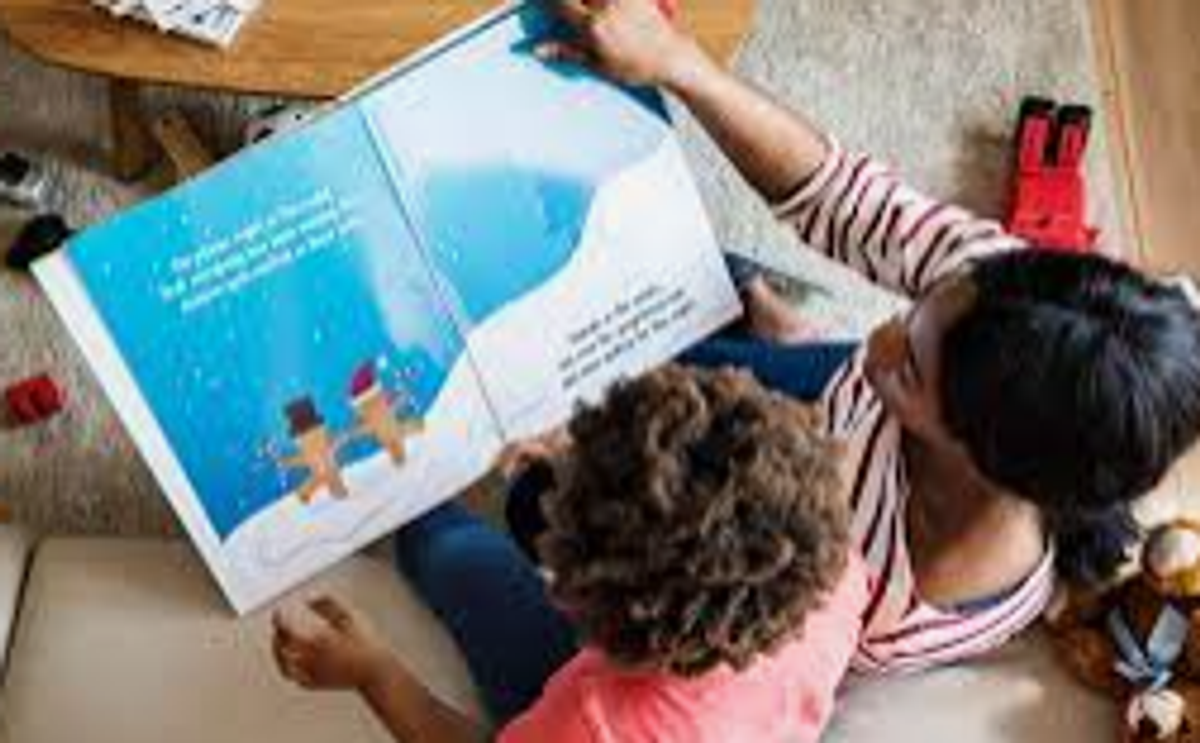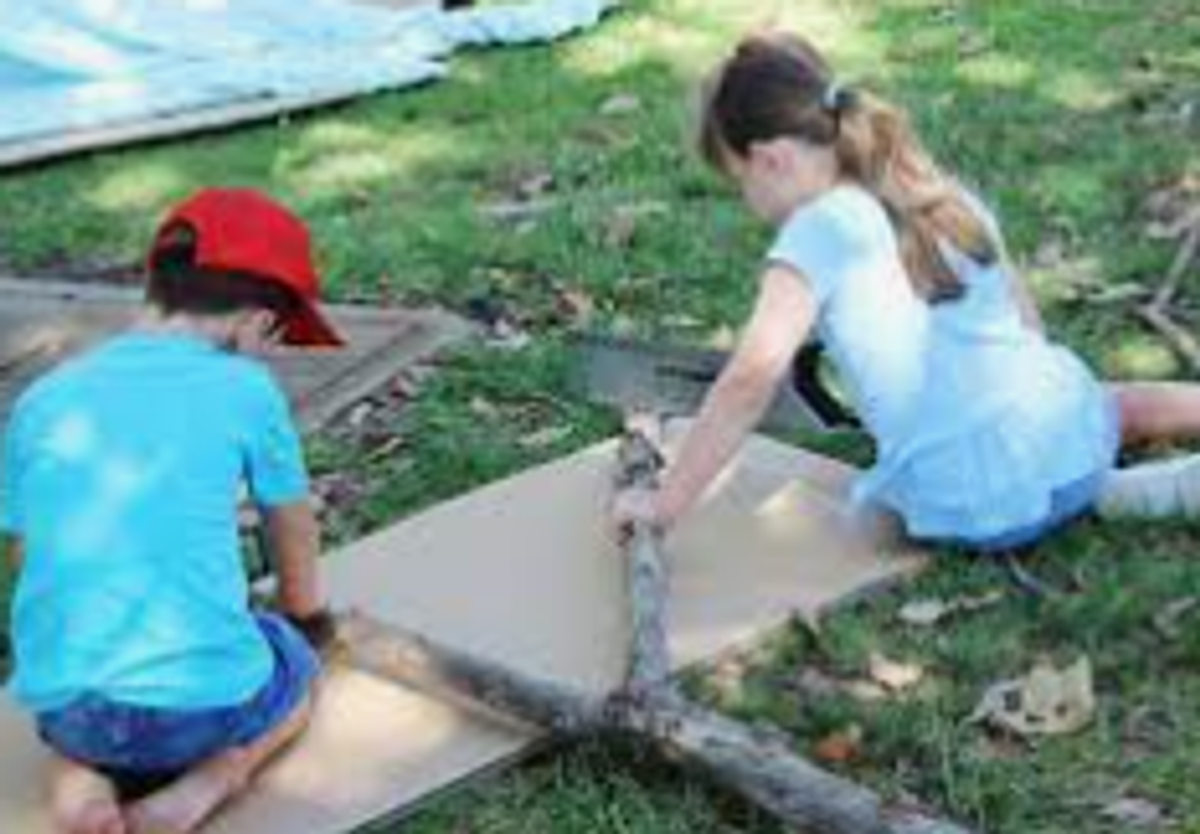Literacy

Building your child’s early literacy skills
Families play a key role in developing a child’s language and literacy skills from birth.
A child’s understanding of the world and their capacity to learn is greatly influenced by how much their family values their literacy skills.
Some important information for parents and carers to consider:
- Children who start school with greater literacy skills perform better in school, and not just in language-based subjects like English.
- Literacy in the early years is a range of different activities and forms of communication, including music, movement, dance, storytelling, visual arts and drama, as well as talking, viewing, reading, drawing and writing. It is never too early to read to your child.
- Oral language skills are an important predictor of reading and writing skills, so the better your child can speak, the better their overall literacy skills will develop. Talk as much as you can with your child and engage them in conversation often.
- Literacy in children’s early years can always be fun. Excursions and playtime are great activities in which to engage and talk with your child. Fun activities are also the best opportunities to teach children new vocabulary and new ways of saying things.
Regularly talking and interacting with your child extends their language and listening skills and helps grow their confidence with language. Include your child when discussing everyday activities such as grocery shopping, gardening, cooking dinner, collecting mail from the mailbox, doing housework, and travelling in the car or bus.
Outings can also provide a world of new vocabulary. Discussion during outings can enrich your child’s understanding of the world. Outings might include going to the local farmers market, park, zoo, shopping centre, museums, libraries and art galleries.
Other fun activities can include:
- Sharing rhymes, poems and songs. Encourage your child to join in.
- Sharing and talking about family histories and family photos.
- Looking at a range of picture books, ask your child to describe what is happening in the pictures and make up stories together.
- Collecting cardboard and other household items for your child to build with. Ask your child to describe what they are building.
- Taking virtual tours of various zoos, aquariums, castles, galleries and museums both locally and around the world and discussing what you see discover.
- Playing vocabulary games with your child such as, 'what’s the opposite of ….?' (for example, 'what’s the opposite of big?').
Article adapted from www.vic.gov.au


